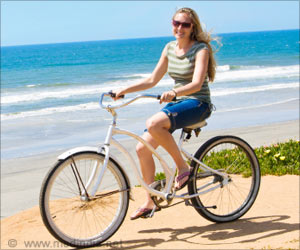Analysis of studies published since the early 1960s suggests that plastic is increasingly common in seabirds' stomachs. Nearly 90% of individual seabirds alive today have consumed some form of plastic and about 60% of them, including albatrosses, shearwaters and penguins, have plastic in their guts, estimates a new study. Based on current trends, the scientists have predicted that plastic ingestion will affect 99% of the world's seabird species by 2050.
Lead author Chris Wilcox, senior research scientist at Australia's Commonwealth Scientific and Industrial Research Organization (CSIRO), said, "This is a huge amount and really points to the ubiquity of plastic pollution." The plethora of plastic comes from bags, bottle caps and plastic fibers from synthetic clothes that have washed out into the ocean from urban rivers, sewers and waste deposits.
Birds mistake these brightly colored items for food or swallow them by accident, causing gut impaction, weight loss and sometimes death. Denise Hardesty, who also works at CSIRO, said, "Improving waste management can reduce the threat plastic is posing to marine wildlife. Even simple measures can make a difference. Efforts to reduce plastics dumped into the environment in Europe resulted in measurable changes in plastic in seabird stomachs in less than a decade. This suggests that improvements in basic waste management can reduce plastic in the environment in a really short time."
The study was published in
Proceedings of the National Academy of Sciences.Source-IANS










